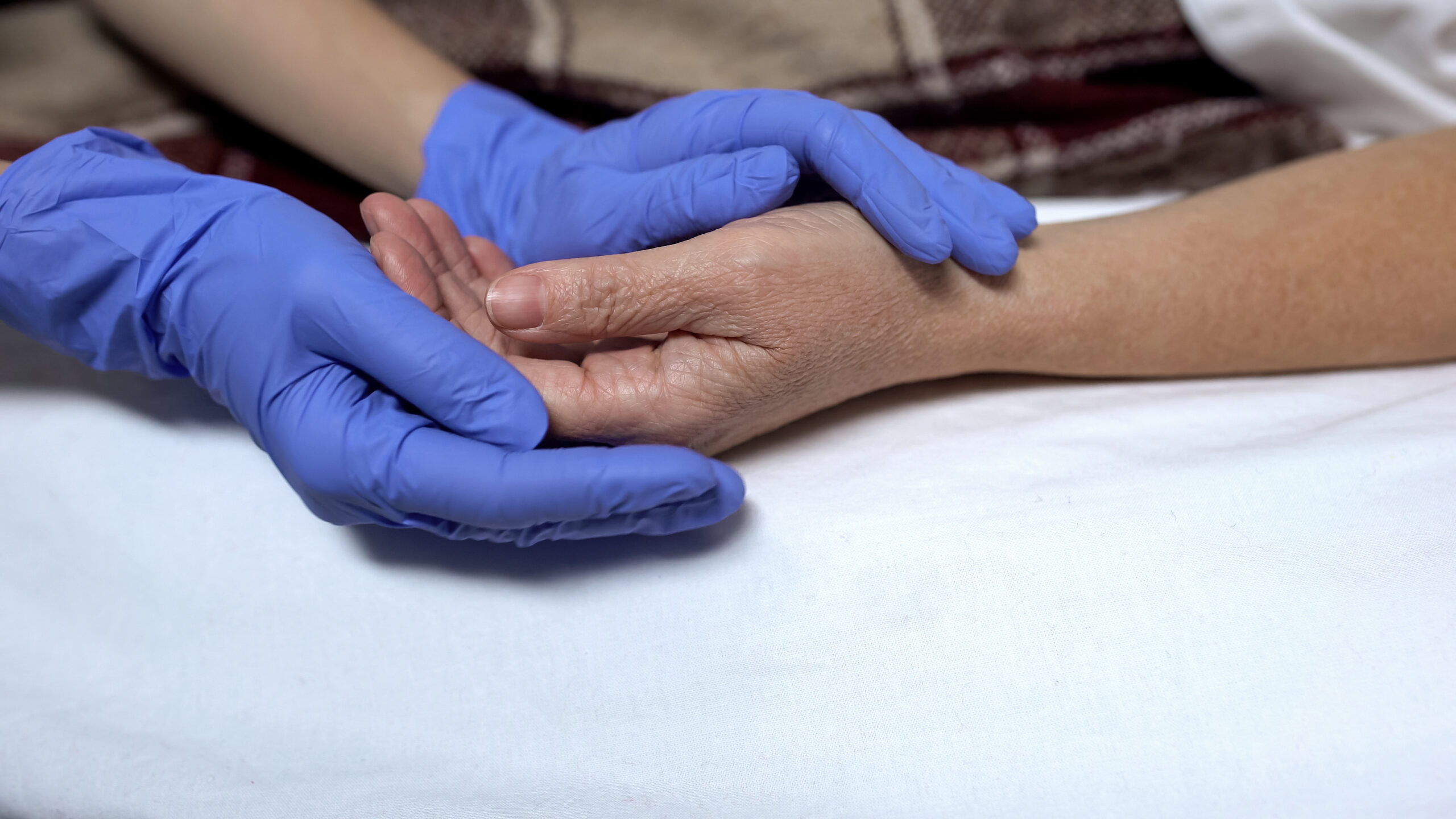
MAID is legal in 10 states and District of Columbia
(WGHP, Emily Mikkelsen, Gretchen Stenger, Dolan Reynolds) — A bill filed in the North Carolina House of Representatives would fund the study of medically assisted death.
HB410, titled “Medical Aid in Dying,” was filed on Tuesday. The bill directs the North Carolina Institute of Medicine to study the impacts of legalizing medically assisted death.
“Medical aid in dying (MAID) is a recognized end-of-life (EOL) option for terminally ill, mentally competent adults who have been diagnosed with a life expectancy of less than 6 months to hasten the dying process,” the bill says.
The bill directs NCIOM to “study the advantages and disadvantages of legalizing medical aid in dying (MAID) in North Carolina.”
It also directs NCIOM to look at factors that impact MAID, such as:
- The factors that contribute most to a person’s decision to seek MAID.
- The characteristics and demographic backgrounds of persons who seek MAID.
- The social and emotional impacts on a person’s family members when MAID is available to a person as an alternative to an extended dying process.
- Which medications have been or are currently being used for MAID, and whether intravenous self-administration would be an improvement over self-ingestion through the gastrointestinal tract.
- The best options for healthcare providers to opt out of participating in MAID.
- Available data from the current MAID states that are reporting on conclusions arising from the legalization of MAID, particularly with respect to the effectiveness of MAID laws in providing an end-of-life option.
- What end-of-life options are currently available in North Carolina and recommendations about whether MAID is an advisable additional alternative.
- To what extent the absence of MAID in North Carolina and other states increases the chance that a terminally ill person will choose to commit suicide by violent or other means.
Additionally, NCIOM would study advancements in MAID since the “Death with Dignity Act” passed in Oregon, develop a hypothetical number of how many people may choose to use MAID based on data available from other states, and the impact on healthcare systems in states where MAID is already legal.
The NCIOM would be required to hold at least one public hearing “to ensure the general public has an opportunity to provide the NCIOM with comments regarding the advantages and disadvantages of legalizing MAID” before submitting a report to lawmakers, which is due by April 1, 2027. The bill would appropriate $150,000 to fund this study, if passed.
MAID is legal in California, Colorado, Hawai’i, Maine, Montana, New Jersey, New Mexico, Oregon, Vermont, Washington and Washington D.C. It’s been legal in Oregon for the longest amount of time, since 1994.
Reps. Pricey Harrison (D-Guilford), Donny Lambeth (R-Forsyth), Julia Howard (R-Davie) and Lindsey Prather (D-Buncombe) are the primary sponsors of the bill.
Advocates Speak Out
The bill looks at the process patients go through in other states to be approved for the medicine.
“Usually it’s six months … You can’t have a mental disability which would include dementia. You have to be of sound mind to make this decision yourself,” Harrison said.
Edmund Tiryakian is the founder of a non-profit in Orange County called Dying Right.
He studies how other states like Oregon help patients and then uses that information to help guide people here in North Carolina
“The one thing we really want to emphasize is we … strongly discourage suicide. If you work in this area, you hear horrible stories where people have an answer. They’re in excruciating pain through the futility of continuing, and they take matters into their own hands violently, and that is a terrible, terrible end of life,” Tiryakian said.
Tiryakian says it gives patients options but only if they can do it themselves.
“Death with dignity … requires that person to have the physical wherewithal to take the drink. It’s a five-drug cocktail. With a straw, they will then suck up the medicine on their own,” Tiryakian said.
If the patient cannot do it on their own, it is against the law for anyone to help. That would be referred to as euthanasia.
